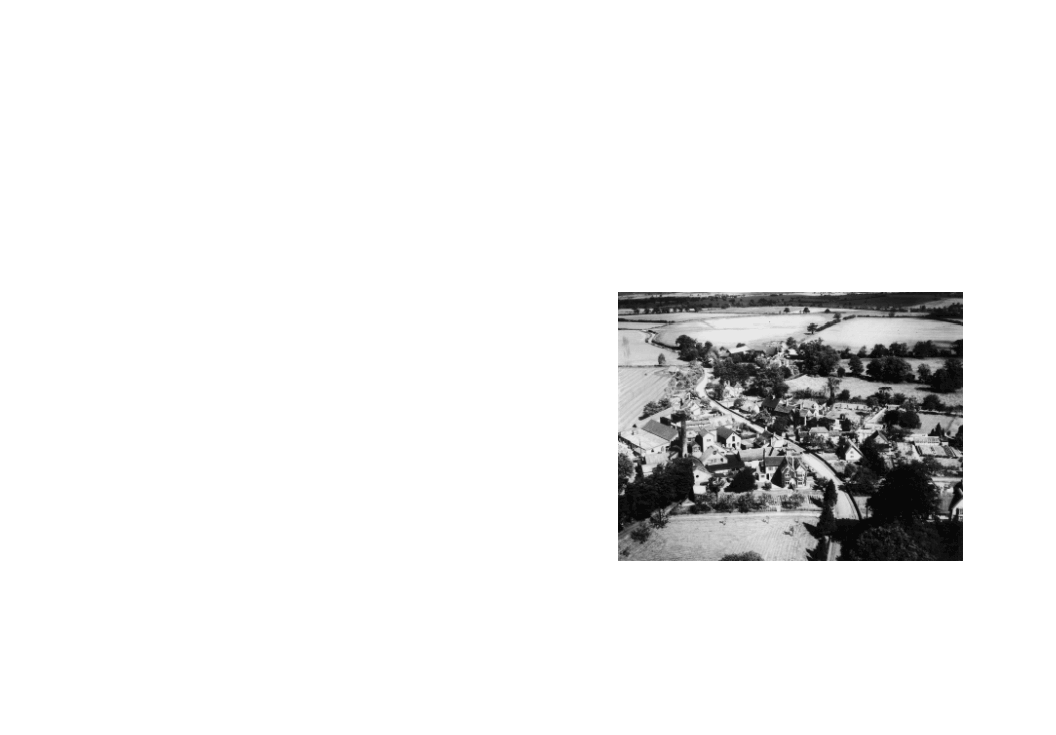

care of most, he was enjoying himself directing a business
that was to achieve more awards than any other brewery of
any size of any country in Europe.
material in private hands, (nowhere have I been able to
find the 1919 Ward’s Limited prospectus) the following
necessarily offers an account of the people that once worked
and shaped the village’s economy and social landscape; the
people that shared the lawful limelight and who made this
remarkable business work. I have tried to represent past
events as best as I can and would be delighted to hear from
anyone who thinks that I may have left something out that
should have been included.
much of the money the company made was invested back
into buying new machinery and taking advantage of the
best that brewing science had to offer. He was also
altruistic. As well as introducing running water to the
village he gave it electricity; the village hall; increased
leisure facilities and employment.
Throughout its early life, it was not just a year or two
ahead of its time but at least a decade. It was the first in
the UK to cold filter its beers in 1881 and close behind the
huge firm of Whitbread’s in bottling its beer.
annually and 12,000 bottles of beer a day.
competition was being made by the large breweries into the
independent trade and although a reverse takeover was set
up a short time afterwards, Ward’s never brewed beer
again after 1958. The company was hived off to
served as a radial supply depot and warehouse until 1987.
a dependent living to so many people down the years. The
office buildings and engine house remain, but the great
three-storey brew house, ancillary buildings and 75-foot
high chimneystack were demolished a generation ago; a
housing estate built in their place - though thankfully, the
brewery’s legacy and testimony to its success cannot be so
easily wiped away.
will know that – with certain epic and heroic exceptions –
the number of vivid and active years in any given life are